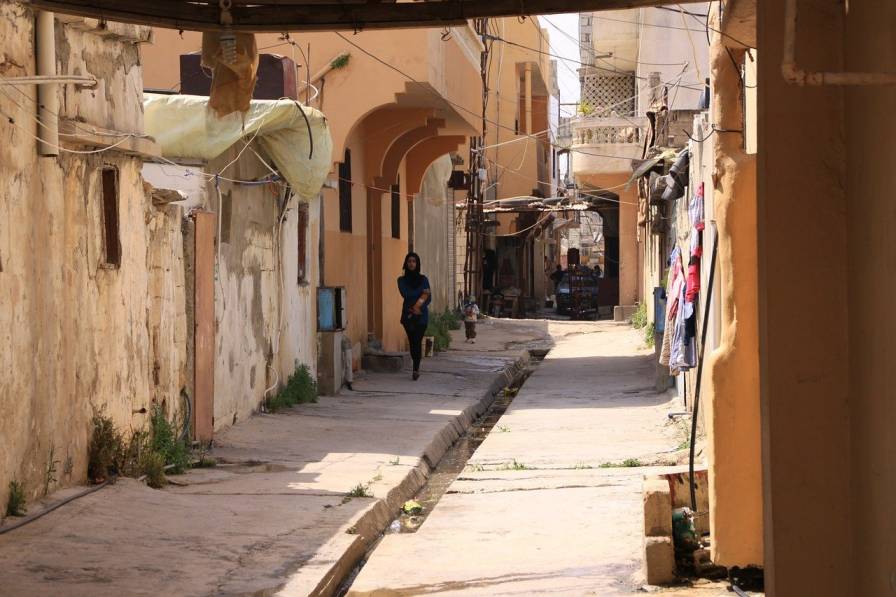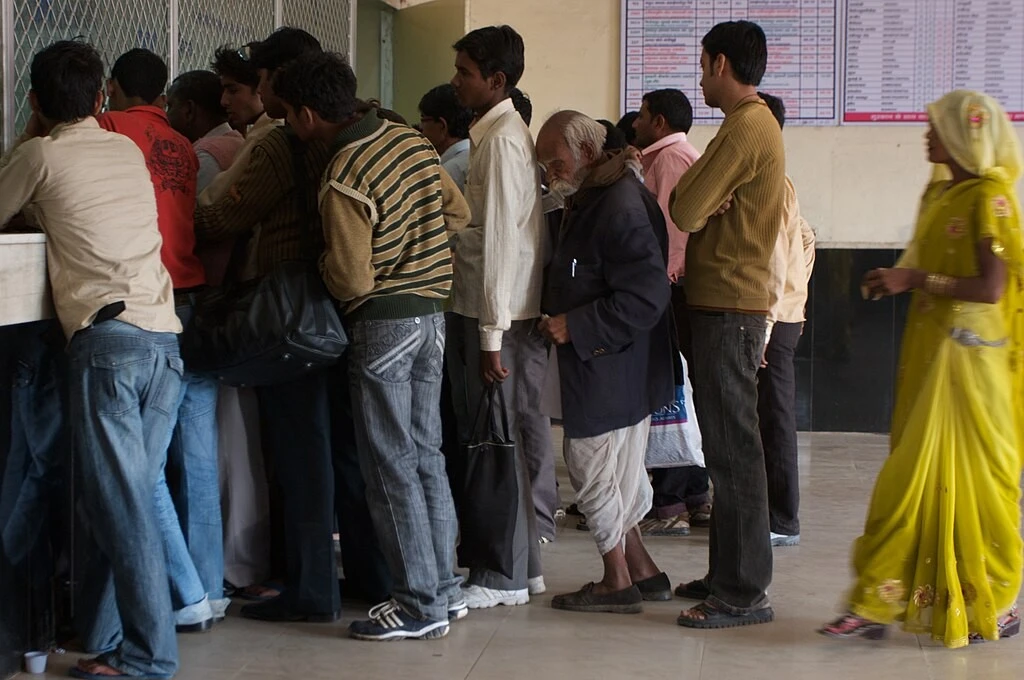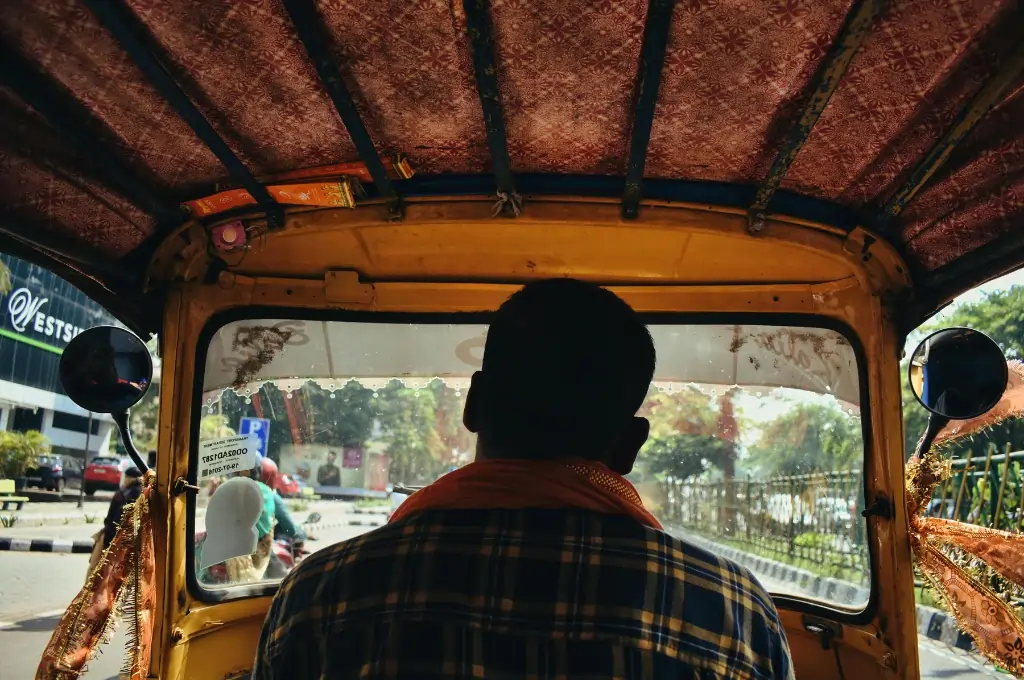The pandemic is leaving an impact on all of us, in every facet of our lives. For some people, the impact has been harsher, as a result of their economic status, social identities, and life circumstances. Such groups require state support and targeted interventions. Survivors of sexual violence are one such group. However, their needs have not been adequately addressed in the past few months.
There is an urgent need to carry out a comprehensive inquiry into the functioning of the criminal justice system, and survivors’ experiences in accessing the same, during and following the lockdown. Collective determination on the way forward is crucial to develop detailed guidelines and standard operating procedures to deal with cases in the next phases of the pandemic. Learning from the current crisis and the developing standardised protocols will also ensure the smooth functioning of the criminal justice system in future emergencies. Failing to do so will be another travesty of justice.
Assume a sense of urgency
Even though we have limited comparable data on sexual violence from the past year, three key facts tell us it is justified to assume a sense of urgency in addressing the issue:
- We need to read the drastic decrease in rape reporting in the early months of the lockdown with scepticism. In a country in which citizens’ mobility has been curtailed in varying degrees since the lockdown was imposed, and where 94 percent of perpetrators of rape are known to their victims, a sudden decrease in reporting cannot be indicative of an absence of violence.
- There is conclusive evidence from past disasters on how similar crises fueled gender-based violence, and increased the vulnerability of women and children to sexual violence.
- The mounting rates of crimes against women and children (especially those belonging to Dalit and Adivasi communities), evidence of police apathy, and low rates of conviction, point to the highly restricted nature of access to justice even prior to the pandemic. This has only exacerbated during the pandemic. However, despite these early warnings and evidence, there has been no concerted effort to assess the needs of survivors and lay down protocols.
Survivors’ experiences
Based on anecdotal evidence, this brief on the impact of COVID-19 on survivors of sexual violence highlights how support systems that were constituted to support survivors were suspended during the pandemic. This happened when all state resources were diverted to respond to the unprecedented public health crisis caused by COVID-19. It also identifies recourse measures that need to be adopted in times of crisis.
The experiences of survivors suggest that diverting police resources to maintain law and order led to their needs being deprioritised: Police refused or delayed registration of cases, or put the onus on the survivor to arrange for medical equipment and transportation required for forensic examination. Such hurdles— along with restrictions on mobility and lack of public transportation—often forced survivors to waive-off their right to file a medico-legal case or FIR and in turn, their right to justice.

Similar to the evidence from previous crises such as the Ebola outbreak, the shutdown or repurposing of healthcare services threatened survivors’ ability to access time-sensitive treatment, abortion, and mental healthcare services. The functioning (or lack thereof) of One Stop Centres (OSCs) that provide comprehensive assistance under one roof—including shelter, police desk, legal, medical, and counselling services to survivors of violence—is another key aspect that demands our attention.
At such a crucial time, even OSCs that were previously functional were closed or converted to isolation wards. This reveals a culture of apathy towards the needs of survivors of violence for whom these centres acted as a key convergence point where they could access their right to support. This neglect is most exemplified in the case of child survivors of sexual violence, whose abortions were delayed due to procedural lapses and the lack of clear protocols. These survivors were able to terminate their rape-induced pregnancies mainly due to the intervention of a few diligent public health officials and civil society organisations.
Due to the disruption of court proceedings during the pandemic, case pendency is bound to further shoot up and overburden an already struggling system.
Furthermore, due to the disruption of court proceedings during the pandemic, case pendency is bound to further shoot up and overburden an already struggling system. There are also two other pressing issues that require our attention. First, the move to decongest prisons and provide bail to perpetrators posed severe threats to the safety and well-being of survivors and their families. And since the pandemic has been marked by mobility restrictions, survivors had limited capacity to access courts. There was also a total absence of any form of witness protection. Second, the overnight shift to digital court proceedings in a country with stark levels of digital gender divide also proved to be extremely stressful for survivors.
It is necessary to note that each of these preventable hurdles faced by survivors aggravate their trauma. It alienates them from the care and support to which they are entitled and could even force them to drop their pursuit for justice.
What can be done?
It is imperative that we urgently work towards remedying systemic failures and revamping the crisis-stricken criminal justice and public health systems. This will help safeguard survivors’ access to justice and well-being in both the long-term and in future crisis situations.
Here are some recommendations for the way forward:
1. Mobilise women’s collectives and networks
Leverage the expertise of organisations, community-based collectives, and survivor groups that have developed and delivered critical support services. This could include:
- Empowering survivors or their family members to become survivor leaders, barefoot lawyers (paralegals), or barefoot counsellors (mental healthcare givers) in their communities.
- Forming whisper and safety circles made up of child protection volunteers.
- Establishing ‘Balika Panchayats’ (village councils for girls) to identify and help report cases, provide emergency support such as information on next steps, and offer psychological first aid.
- Creating referral pathways by mobilising local networks.
2. Create referral pathways by mobilising local networks
Build the capacity of community gatekeepers and functionaries such as Panchayati Raj Institutions (PRI) members, ASHAs, ANMs, and anganwadi workers, to equip them to identify and respond to violence, provide care to survivors, and enable them to change community norms around violence against women and children.
3. Use technology as a tool for communication
Ensure that critical information about consent and abuse continue to be provided to children through online classes. Frontline workers should be equipped with technology-based materials that can be used to help women and children gain access to crucial information. While efforts must be taken to ensure access and comfort of survivors when shifting to digital modes of legal processes, it should not replace the face-to-face system due to the overwhelming digital gender divide.
4. Focus on child protection services and monitoring institutions
The functioning of key authorities such as Child Welfare Committees (quasi-judicial bodies entrusted to conduct inquiries, monitor shelter homes, and facilitate rehabilitation of children) and District Child Protection Units (which are responsible for implementing child protection policies and monitoring institutions to ensure a minimum standard of care) must not be disrupted. They must actively strengthen monitoring mechanisms and look into the status of residents in child-care institutions. The use of digital platforms for counselling and interactions should not replace face-to-face sittings, taking into account the comfort and well-being of children.
5. Focus on non-negotiable implementation of the POSH Act
The Prevention of Sexual Harassment (POSH) Act seeks to make workplaces safer for women through prevention, prohibition, and redressal of acts of sexual harassment against them. Employers must allocate resources to ensure implementation of the act across their sites of operations and bring all workers in their value chain within the ambit of the provisions. Active interventions to strengthen advocacy for the creation of Local Committees (that receive complaints of sexual harassment at the workplace from establishments that do not have an Internal Complaints Committee) and support workers facing sexual violence at the workplace must be undertaken.
6. Ensure complete functionality of OSCs
OSCs are a key platform that brings together various support mechanisms and services required by survivors, and are a step in the right direction towards adopting a public health approach to address sexual violence. Implementation gaps must be rectified to ensure the smooth functioning of these centres even in times of crisis.
7. Immediate constitution of a high-level independent national commission
An in-depth inquiry into the functioning of the criminal justice system—during the COVID-19 lockdown and after—must be carried out by a representative committee. This committee must include survivor leaders, civil society activists, lawyers and judges, police, healthcare providers, and other experts, and its members must belong to different marginalised castes and minority communities. It should provide recommendations for the formulation of a national policy and standard operating procedures for all service providers that respond to cases of sexual violence.
—
Know more
- Learn more about how individuals can support people who are in home quarantine with an abuser.
- Read this guide on how to find help for survivors of sexual violence.
- Read Jan Sahas’ brief on the impact of COVID-19 on survivors of sexual violence in Hindi.
Do more
- Share these tips on how to talk to a survivor of sexual assault.
- Explore this list of helplines operating across India for women in distress, those seeking legal aid and/or counselling services.
- Reach out to the National Commission for Women’s emergency WhatsApp helpline (7217735372) if you or anyone you know is facing abuse.






